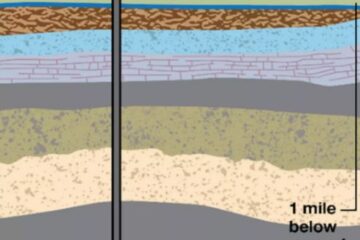Cougar necropsy shows cat was pregnant, exposed to rat poison
P-54, an adult female mountain lion struck and killed by a vehicle earlier this year, was pregnant with four kittens.
Source of this article: The Thousand Oaks Acorn, September 16, 2022

BORROWED TIME—P-54 died after being hit by a vehicle in June. The female cougar also tested positive for a variety of rat poisons. Courtesy of NPS
According to biologists from the National Park Service, all five animals tested positive for rat poison.
“This is the first time during our 20-year study that we’ve been able to test mountain lion fetuses for anticoagulant rodenticides,” said Jeff Sikich, a biologist with the mountain lion project at Santa Monica Mountains National Recreation Area, a unit of NPS.
“A primary goal of our work is to learn whatever we can about these animals and how their lives are affected by the urban landscape they inhabit. Unfortunately, we’ve learned that mountain lions are susceptible to rat poisons even before they are born,” Sikich said.
The 5-year-old cougar was killed on Las Virgenes Road between Piuma Road and Mulholland Highway June 17.
Traumatic injuries, including multiple fractures to the ribs and left femur, were the cause of death.
Anticoagulant rodenticide compounds were detected in her liver.
She had been exposed to five compounds, and the four full-term fetuses were exposed to three anticoagulant compounds. Three of the four were exposed to brodifacoum.
NPS researchers have now documented the presence of anticoagulant rodenticide compounds in 39 out of 40 local mountain lions tested, including the four fetuses.
P-54 was born in January 2017. The following month, NPS researchers marked her with a tracking device while her mother, P-23, was away from the den.
In January 2018, P-23 was found dead after being struck by a vehicle along Las Virgenes Road, farther south than where P-54 was found three months ago.
One of P-54’s offspring, P-97, was killed by a vehicle on the 405 Freeway near the Getty Center in April. He was 18 months old.
Biologists said the results from P-54 and her kittens show that exposure to poison is widespread in wildlife in and around the park.
For more information, go to nps.gov/samo.



0 Comments